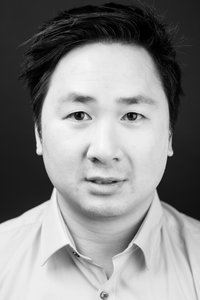
The Dutch Research Council (NWO) awarded a Veni grant to Alexander Ly, who will start working at CWI in the course of 2022. Ly received the grant for his proposal “Increasing Scientific Efficiency with Sequential Methods”. He will develop reliable, flexible and efficient methods with which data patterns can be identified as quickly as possible to maximally save time, effort and, in clinical settings, lives, enabling the saved resources to be allocated to other research efforts.
Every year millions of euros are spent on innovative ground-breaking research, but to assess the veracity of the empirical effects, outdated statistical methods are used that are inflexible at best and misleading at worst. This project aims to address these shortcomings by developing and disseminating a framework of reliable and maximally flexible sequential statistical methods. The developed methods will lead to scientific insights being gained faster and in greater number, which in turn increases societal benefits.
Alexander Ly obtained his PhD degree (Cum Laude) from the University of Amsterdam (UvA) in 2018 with his thesis "Bayes Factors for Research Workers”. He is currently a postdoctoral researcher at the Psychological Methods research group at the UvA and for his Veni research he will be officially joining CWI’s Machine Learning group.
Veni is part of NWO’s Talent Programme. NWO selects researchers based on the quality of the researcher, the innovative character of the research, the expected scientific impact of the research proposal and the possibilities for knowledge use. NWO announced on 11 April 2022 that in addition to the 89 highly promising young scientists from the ENW and ZonMw domains, another 78 researchers from the domains SSH, and AES domains receive a Veni grant. The funding of 280,000 euros allows him to conduct independent research and develop his ideas for three years.
More information
Header image: Shutterstock.
